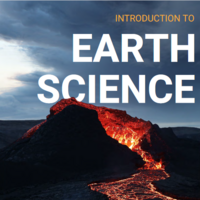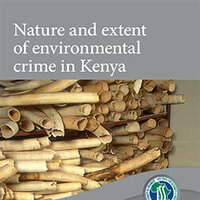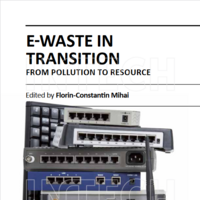Search
Books+
Searching 1,73 books
Search related to the career Environmental Scientist
Environmental Scientist:
An Environmental Scientist is a professional who studies the environment and its various components to understand how they interact and impact each other. They conduct research, collect data, and analyze information to assess the health of ecosystems, identify environmental issues, and develop strategies for conservation and sustainability.
Job Responsibilities:
Environmental scientists perform a wide range of tasks, including:
1. Research: They conduct fieldwork and laboratory experiments to gather data on air, water, soil, and other environmental factors. They may also review existing research and literature to stay updated on the latest findings.
2. Data Collection and Analysis: Environmental scientists collect samples, measure pollution levels, and analyze data using specialized tools and techniques. They use statistical methods to interpret the results and draw meaningful conclusions.
3. Environmental Impact Assessment: They assess the potential environmental consequences of proposed projects, such as construction, mining, or industrial activities. This involves evaluating the potential risks and suggesting mitigation measures to minimize negative impacts.
4. Policy Development: Environmental scientists contribute to the development of environmental policies and regulations. They provide scientific expertise and recommendations to government agencies, organizations, and industries to ensure sustainable practices and compliance with environmental laws.
5. Conservation and Restoration: They work on projects aimed at conserving and restoring ecosystems. This may involve habitat restoration, biodiversity conservation, or implementing sustainable resource management practices.
6. Environmental Education and Advocacy: Environmental scientists often engage in public outreach and education initiatives to raise awareness about environmental issues. They may also advocate for environmental protection and sustainable practices through community involvement and public speaking.
Skills and Qualifications:
To be successful as an environmental scientist, one should possess the following skills and qualifications:
1. Scientific Knowledge: Strong understanding of scientific principles, research methodologies, and environmental processes.
2. Data Analysis: Proficiency in data collection, statistical analysis, and interpretation using software and tools.
3. Problem-Solving: Ability to identify and address complex environmental issues using critical thinking and analytical skills.
4. Communication: Excellent written and verbal communication skills to convey scientific findings, write reports, and engage with stakeholders.
5. Fieldwork: Experience in conducting fieldwork, collecting samples, and operating scientific equipment.
6. Environmental Regulations: Knowledge of environmental laws, regulations, and policies to ensure compliance and guide decision-making.
7. Collaboration: Ability to work effectively in interdisciplinary teams and collaborate with stakeholders from various backgrounds.
Conclusion:
Environmental scientists play a crucial role in understanding and addressing environmental challenges. Their work contributes to the development of sustainable practices, conservation efforts, and the protection of our natural resources. By studying the environment and advocating for its well-being, they strive to create a healthier and more sustainable future for our planet.
Source: Various AI tools
Sayansi
Books tagged science
Searched in English.




















